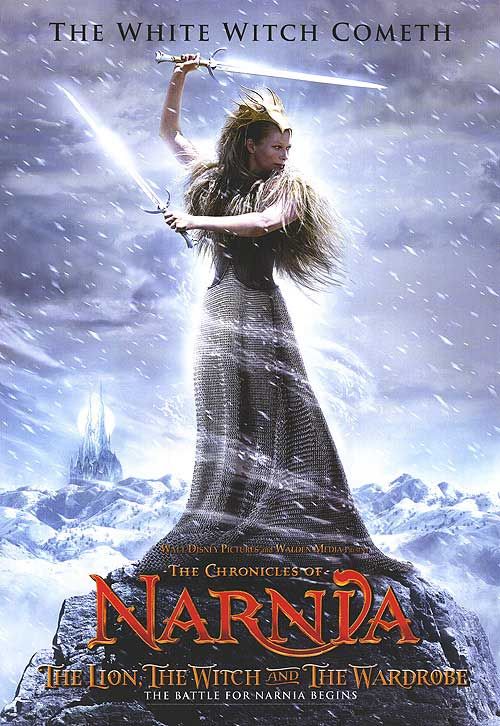
Philology has been dethroned from the high place it once had in this court of inquiry. Max
Müller's view of mythology as a “disease of language” can be abandoned without regret.
Mythology is not a disease at all, though it may like all human things become diseased. You
might as well say that thinking is a disease of the mind. It would be more near the truth to
say that languages, especially modern European languages, are a disease of mythology. But
Language cannot, all the same, be dismissed. The incarnate mind, the tongue, and the tale are in our world coeval. The human mind, endowed with the powers of generalization andabstraction, sees not only green-grass, discriminating it from other things (and finding it fair to look upon), but sees that it is green as well as being grass. But how powerful, how stimulating to the very faculty that produced it, was the invention of the adjective: no spell or incantation in Faerie is more potent. And that is not surprising: such incantations might indeed be said to be only another view of adjectives, a part of speech in a mythical grammar. The mind that thought of light, heavy, grey, yellow, still, swift, also conceived of magic that would make heavy things light and able to fly, turn grey lead into yellow gold, and the still rock into a swift water. If it could do the one, it could do the other; it inevitably did both.When we can take green from grass, blue from heaven, and red from blood, we have already an enchanter's power—upon one plane; and the desire to wield that power in the world
external to our minds awakes. It does not follow that we shall use that power well upon any
plane. We may put a deadly green upon a man's face and produce a horror; we may make the
rare and terrible blue moon to shine; or we may cause woods to spring with silver leaves and
rams to wear fleeces of gold, and put hot fire into the belly of the cold worm. But in such
“fantasy,” as it is called, new form is made; Faerie begins; Man becomes a sub-creator.
--JRR Tolkien
click link for full essay









